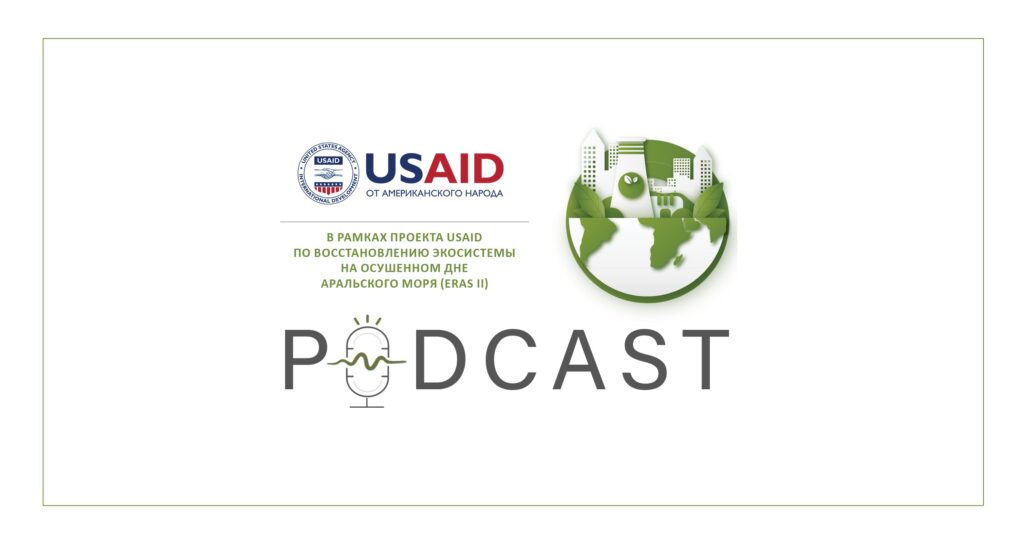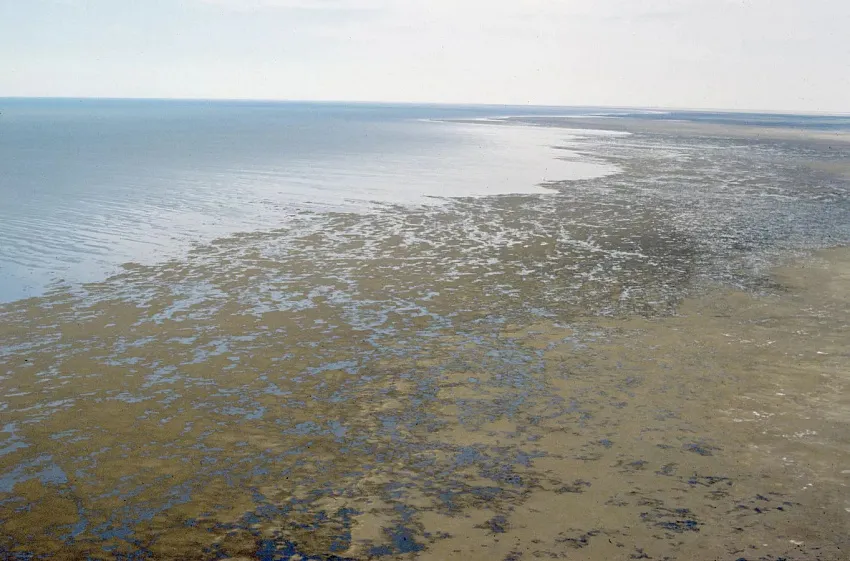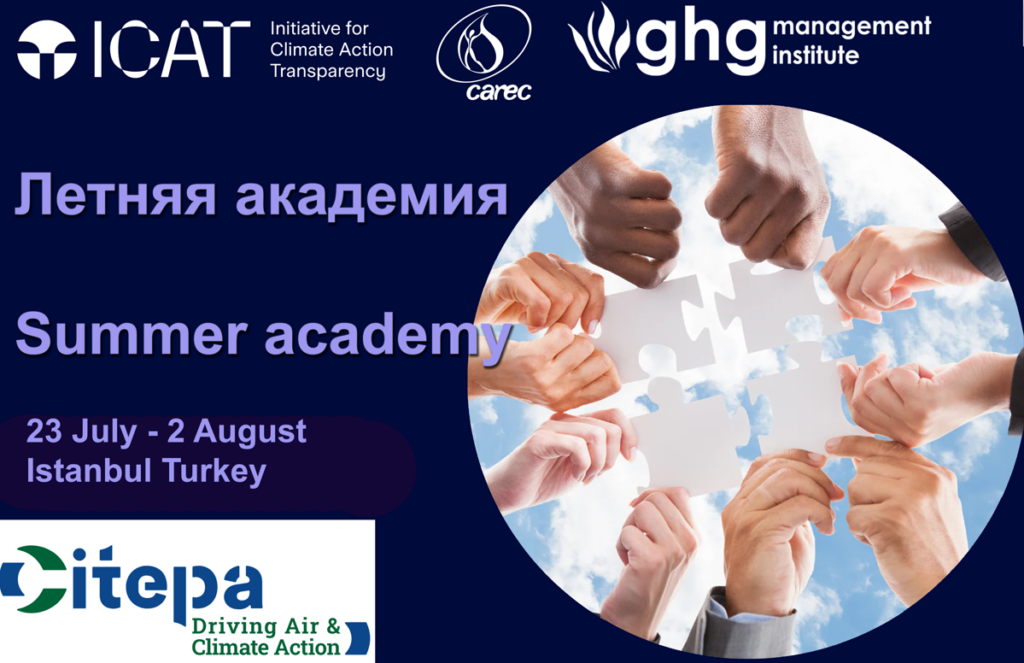Dushanbe, Tajikistan – On June 10, members of the Network of Academic Societies (NAS) participated in the Science and Technology Forum within the Third High-level International Conference on the International Decade of Action “Water for Sustainable Development” 2018-2028. The Forum was organized by the USAID Central Asia’s Regional Water and Vulnerable Environment Activity in cooperation with the International Water Management Institute, Swiss Agency for Development and Cooperation (SDC), the Institute of Water Problems, Hydropower and Ecology of the National Academy of Sciences of the Republic of Tajikistan.
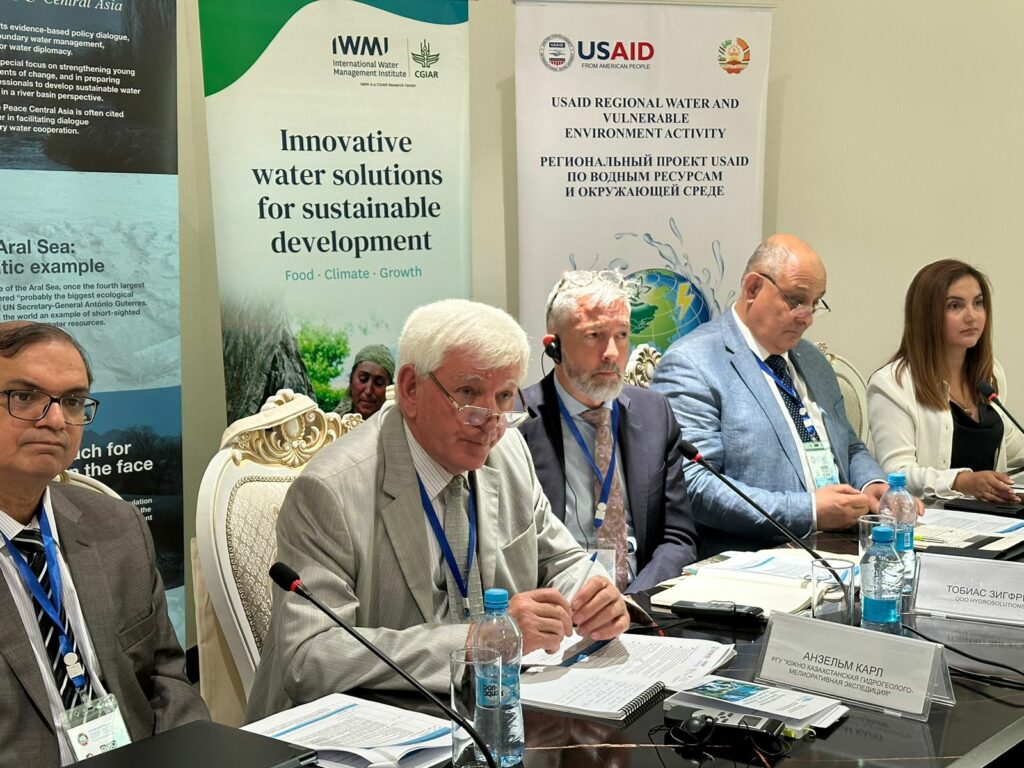
This forum was held for representatives of leading international, regional and national research institutes in order to strengthen relationships and exchange scientific information with the aim of creating more conductive conditions for cross-institutional and interdisciplinary research in the future.
The forum was a follow-up event of the second Regional Conference among scientific institutions organized by the USAID Central Asia’s Regional Water and Vulnerable Environment Activity in June 2023. The Forum aims to bring together representatives of academia, researchers and scholars from all around the world to exchange information and share best practices and research results to tackle water-related issues in Central Asia.
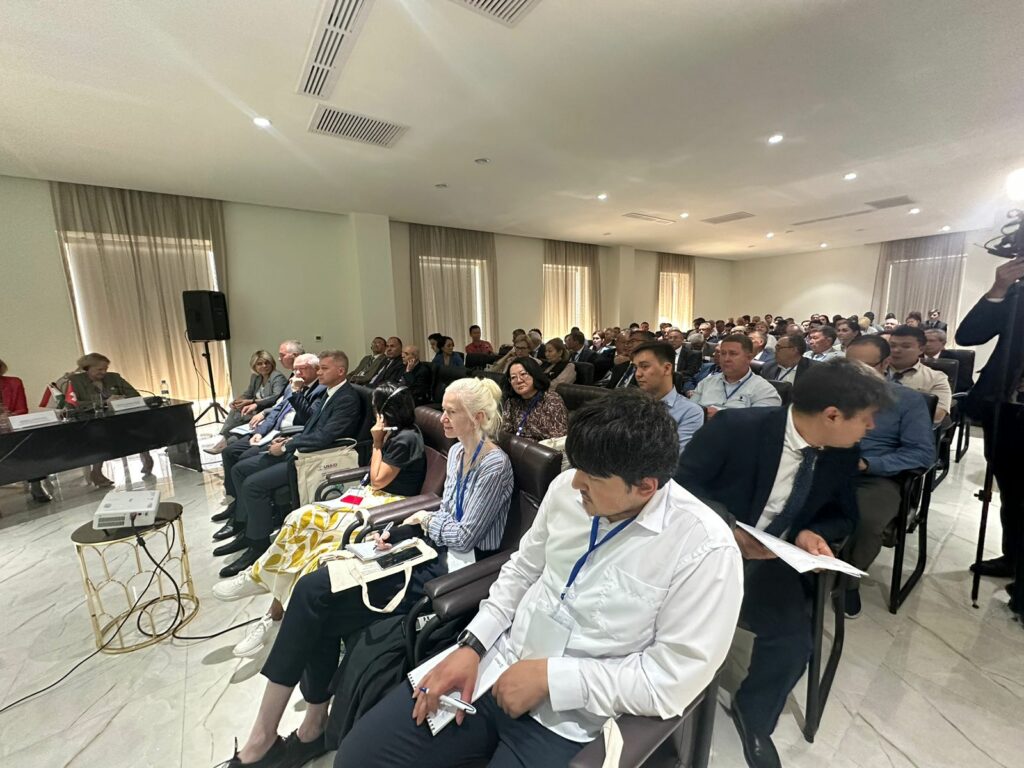
During the forum, participants discussed the role of science and technology in promoting innovations in the field of water resources, in particular technologies and innovations related to the Nexus approach and afforestation on the drained bottom of the Aral Sea. Thus, the participants were presented with technologies for water conservation in agriculture and modernization of operational hydrology and flow forecasting to improve hydrometeorological services. Considering the impact of salt and dust transfer from the dried bottom of the Aral Sea, the participants discussed methods and technologies for combating dust and sand storms and innovative technologies for the development of agrobiotechnology on the drained bottom of the Aral Sea.
In addition, the forum participants were presented with a Community of Practice platform, which is aimed at uniting researchers and practitioners. Thus, the participants had the opportunity to register on the platform and share their experience and knowledge within the academic community of Central Asia.
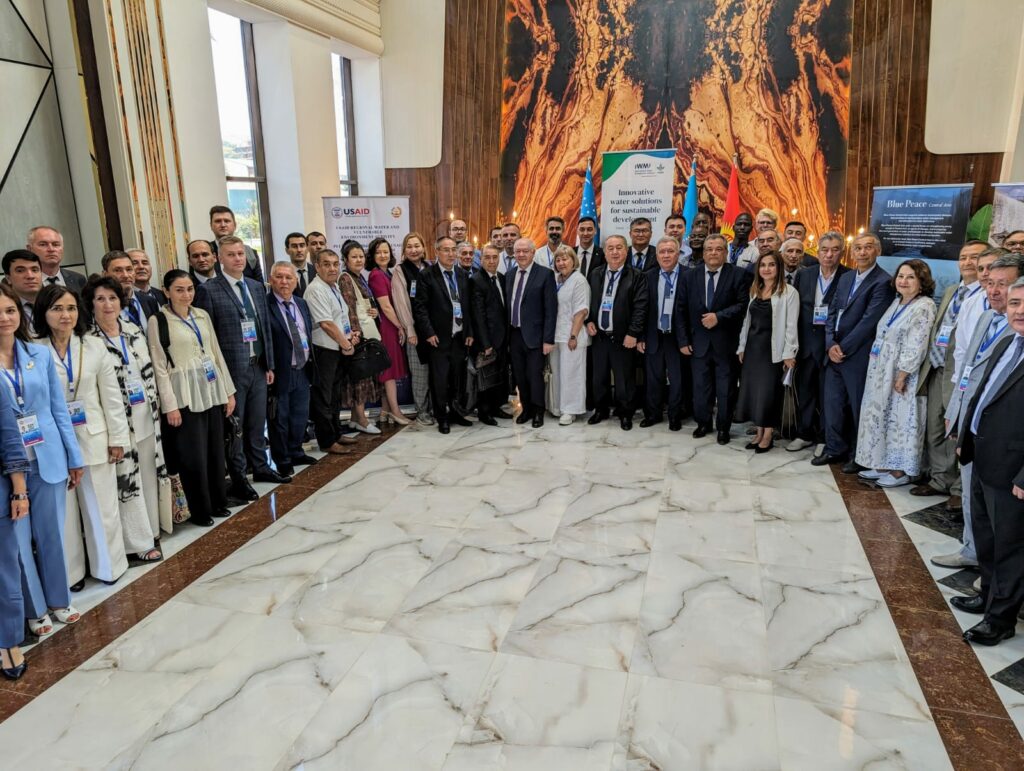
It should be noted that the forum provided an opportunity to establish an intergenerational dialogue between young and senior scientists and practitioners. This helped the participants to share valuable knowledge and experience for the further development of the water future of Central Asia.
Brief information
The Central Asian Network of Academic Society (NAS) promotes interaction and knowledge exchange between representatives of educational institutions involved in the management of environment, water, land and energy resources in the context of climate change. NAS has been operating since 2013 with the support of development partners such as the United States Agency for International Development (USAID), the Swiss Agency for Development (SDC), the German Society for International Cooperation (GIZ), the European Union (EU), the World Bank (WB), on the platform of the Regional Environmental Centre for Central Asia.
In addition to regular regional meetings, the NAS is supported by the Community of Practice platform, which is a communication and outreach platform for bringing together representatives of educational institutions, research institutions, government agencies, international organizations, youth and other stakeholders. The platform was created in 2022 by USAID WAVE in collaboration with CAREC on the basis of the Eurasian River Basin Portal (riverbp.net).
Additional information: Ludmila Kiktenko, Environmental Management Programme’s Manager, CAREC, lkiktenko@carececo.org
#CoPP #USAID #WAVE #CAREC #CommunityOfPractice #NAS

